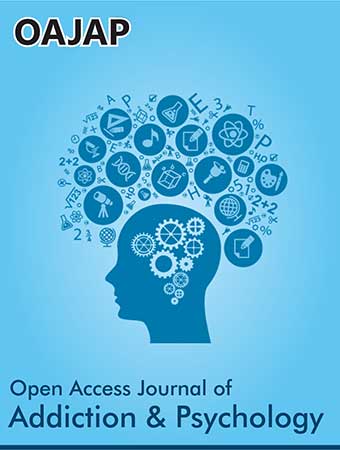 Short Communication
Short Communication
Incorporating Neurocircuitry in Relapse Prevention
Peter Behel is an Adjunct Faculty Member at Sonoma State University, USA, Email: behel@sonoma.edu.
Received Date: July 25, 2020; Published Date: August 17, 2020
Abstract
To the extent that drug addiction is recognized as a relapsing condition, it seems curious that standard approaches aimed at treating addictive disorders do not include addressing the brain circuitry adaptations that define the disorder itself. Even as the transition to addiction is said to involve neuroplasticity in multiple brain centers that participate in ‘binge/intoxication’, ‘withdrawal/ negative affect’ and ‘preoccupation/anticipation’ (or craving), scant attention seems to be placed on mediating the neurobiological components underlying the stress systems involved in addiction [1]. One is left wondering why incorporating stress modification approaches wouldn’t assist in the restoration of fundamentally dysregulated neurochemical mechanisms that make up chronic drug dependence and the vulnerability to relapse [2].
-
Paul A Wagner. Incorporating Neurocircuitry in Relapse Prevention. Open Access J Addict & Psychol. 4(1): 2020. OAJAP. MS.ID.000579.





